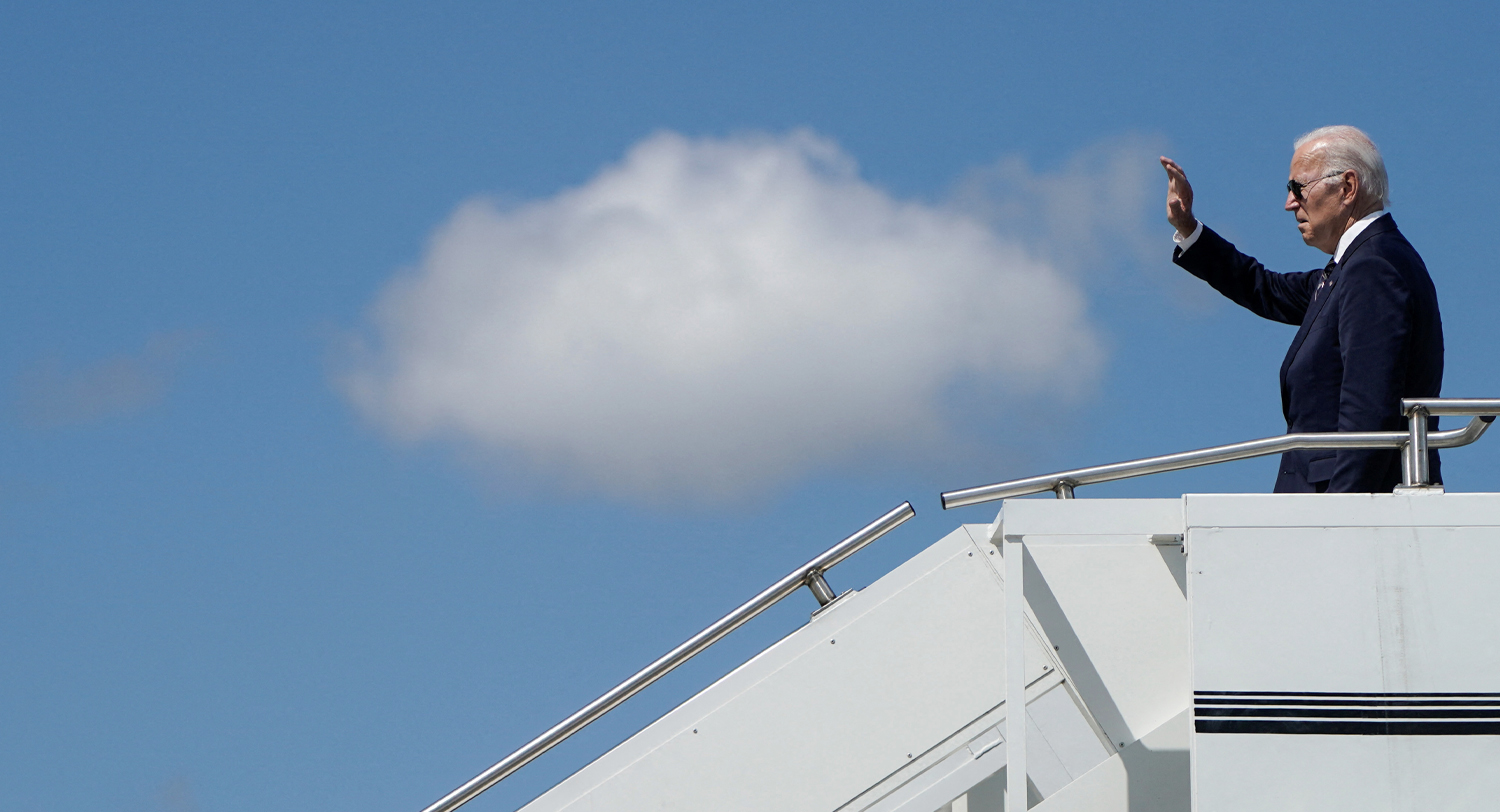Labor Day marks the end of summer holidays for most Americans. This year it’s also the beginning of the run-up to the November elections. Political opinion surveys over the past two months indicate a shift of momentum. The Republicans were initially anticipated to benefit from a “red wave” retaking the Senate and obtaining as much as a 60-seat majority in the House of Representatives. Now polls suggest a much tighter contest for control of the Senate and a diminished Republican majority in the House. The apparent change in the fortunes of the two parties may not hold—much can happen by the first week of November—but momentum is clearly with the Democrats.
>> Window on Washington: Read more from Dov S. Zakheim
Because several Trump-backed Senate candidates are faring poorly in the polls, the Democrats could pick up a seat in the Senate. While the Republicans remain odds-on favorites to take over the House, their majority may be as small as only 15 seats. Should that prove to be the case, right-wing members of the House, such as Lauren Boebert and Marjorie Taylor Greene, will wield considerably more influence over the direction of the Republican caucuses.
Many legislators on the Republican right support maintaining a lid on defense spending. A Republican-led House might therefore put a cramp in the Pentagon’s long-range plans to ensure that America can deter threats from China, Russia, Iran, and other hostile powers. However, that same group within the House strongly supports assistance to Israel and opposes any revived nuclear agreement with Iran.
The Democrats owe their improved fortunes to a number of factors, starting with three significant victories in Congress. On August 9, Biden signed the bipartisan CHIPS and Science Act designed to strengthen semiconductor supply chains in the face of Chinese competition. The following day Biden signed the bipartisan PACT Act to grant health care for veterans exposed to burn pits in Iraq, Afghanistan, Kuwait (during the first Gulf War), and Vietnam.
A week later on August 16, President Biden signed the Inflation Reduction Act, a much-reduced version of his original Build Back Better proposal. The $750 billion package represents Washington’s most far-reaching and comprehensive effort to address climate concerns. It also gives the government the ability to negotiate the prices of certain prescription drugs for the Medicare program and extends expiring health care subsidies for three years.
The passage and signing of these three acts took place just days after the killing of Ayman al-Zawahiri, Osama bin Laden’s successor as the leader of al-Qaida. At the same time, the economy seems to be working in Biden’s favor. Prices at the gas pump dropped from a high of just over $5.00 a gallon in June to below $3.80 in early September. While the rate of consumer price inflation has remained high, it slowed somewhat from a year-on-year rate of 9.1% in June to 8.5% in July. At the same time, unemployment has held at 3.7%, which economists would define as full employment.
The abovementioned has heartened the Democrats’ sense of their prospects for November. So too did the Kansas referendum that overwhelmingly opposed further restrictions on abortion. Although Kansas is considered a solidly conservative state, the result reflected a backlash against the Supreme Court’s overturning the 50-year old Roe vs. Wade ruling that abortion was constitutionally guaranteed. In addition, the victory of Democrat Mary Peltola over Trump-backed Sarah Palin in a special election to fill a vacant House of Representatives seat in Alaska—another conservative state—has further encouraged the Democrats.
It is therefore quite possible that the Congress will be divided between a Democratic-controlled Senate and a House of Representatives that has a relatively small Republican majority. A stalemated Congress might lead Biden to focus primarily on foreign relations and national security issues, which have long been among his primary concerns and are less likely to be subject to congressional interference than domestic issues.
In such circumstances, and in the event that the Joint Comprehensive Plan of Action (JCPOA) is not renewed before the November elections, Biden and his team may choose to wait until January, when the new Congress opens, to push for an agreement with Iran. By that time Israel will also have held its own elections, and should Benjamin Netanyahu return to power, a renewed effort by the Biden administration in 2023 to revive the JCPOA is likely once again to intensify tensions among Washington, Jerusalem, and the Gulf States, to the benefit not only of Iran but Russia and China as well.

